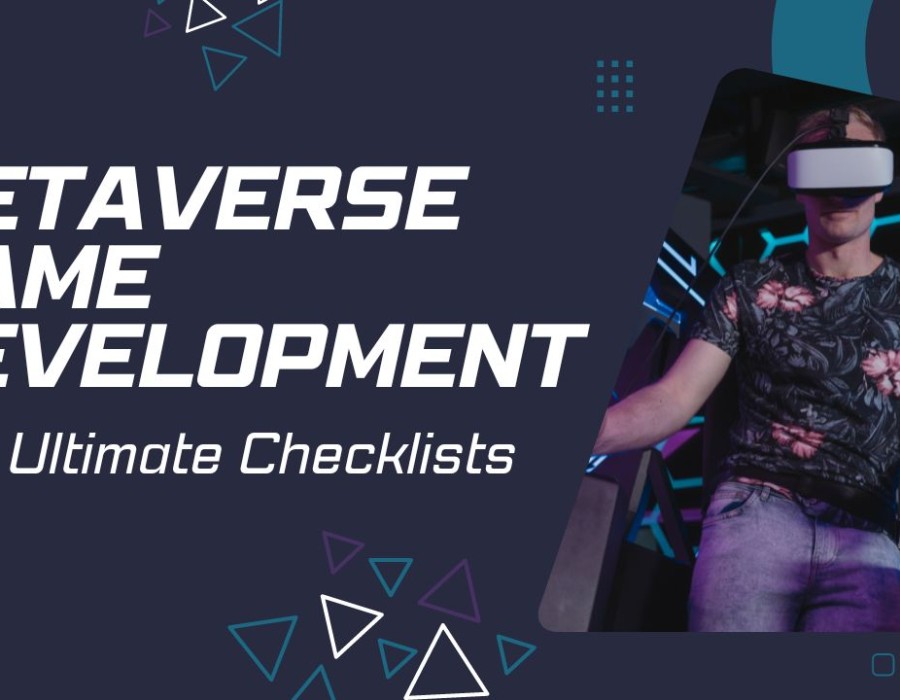The metaverse is the next frontier in gaming, offering immersive experiences that transcend traditional titles. But building a successful metaverse game requires careful planning and execution. This checklist will guide you through the essential steps to bring your vision to life.
Conceptualizing Your Metaverse Game
Craft a Compelling Idea: What makes your game unique in the vast metaverse landscape? Will it be a social hangout space, an epic adventure, or a creative playground? Define your core concept and the value proposition for players.
Research the Metaverse Landscape: Understand the current trends and successful games within the metaverse. Analyze what resonates with players and identify potential gaps you can fill.
Define Your Game Strategy: Will your game be free-to-play with in-app purchases, subscription-based, or a premium buy-to-play model? Determine your monetization strategy early on.
Determine Your Target Market: For whom are you creating this game? Understanding your target demographics (age, interests, etc.) will influence everything from the art style to the gameplay mechanics.
Building the Foundation
Choose Your Game Engine: Popular options like Unity and Unreal Engine offer robust features for metaverse development. Consider the engine's strengths, your team's expertise, and the specific needs of your game.
Embrace Open Standards: The metaverse thrives on interoperability. Explore solutions like blockchain technology that allows players to use their avatars and assets across different metaverse experiences.
Prioritize User Security: Develop a robust security infrastructure to protect player data and assets within the metaverse. Reduce the dangers of fraud and hacking.
Crafting the Metaverse Experience
Design an Engaging World: Build a visually stunning and immersive 3D world that complements your game's theme. Focus on creating a space that players will enjoy exploring and interacting with.
Develop Memorable Avatars: Allow players to express themselves through customizable avatars. Consider facial features, clothing options, and accessories to foster a sense of individuality.
Create Meaningful Interactions: Design engaging gameplay mechanics that encourage player-to-player interaction. This could involve collaborative quests, social events, or player-driven economies.
Integrate VR Compatibility (Optional): While not essential for all metaverse games, consider VR support to enhance immersion and provide a truly unique experience.
Beyond the Launch
Plan for Continuous Development: The metaverse is constantly evolving. Be prepared to update your game with new content, features, and bug fixes to retain player engagement.
Foster a Thriving Community: Build a strong community around your game. Encourage player feedback, host events, and create a space where players can connect and share their experiences.
Embrace the Evolving Metaverse: Stay updated on the latest advancements in metaverse technology and adapt your game accordingly to ensure it remains relevant and exciting for players.
By following this checklist, you'll be well on your way to developing a successful metaverse game that stands out in the ever-growing virtual landscape. Remember, the most crucial element is building a game that offers a truly unique and engaging experience for players within the metaverse.
Conclusion
The metaverse gaming industry is brimming with potential, but success hinges on a strategic approach that balances creativity with commercial viability. By following this comprehensive checklist, you'll gain a strong foundation for developing an engaging metaverse game. If you're looking to turn your vision into reality, consider partnering with a reputable Metaverse Game Development company. Their expertise in development, blockchain technology, and metaverse integration can empower you to bring your game to life and capitalize on the exciting opportunities within the metaverse





Comments